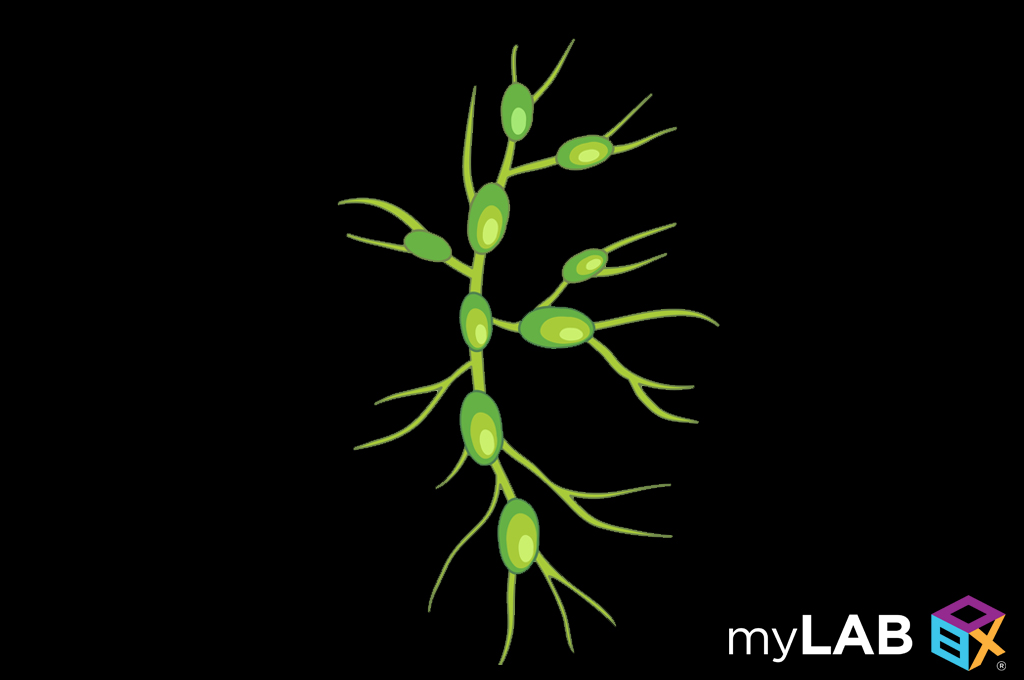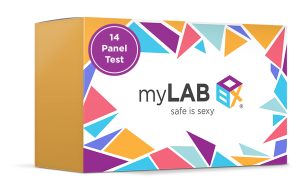HIV And Swollen Lymph Nodes

Many of the first symptoms you may notice or exhibit from HIV are similar to the flu. Symptoms such as fever and fatigue are common occurrences and so are swollen lymph nodes.. However, swollen lymph nodes might be a sign of more serious health concerns.
Let’s talk about swollen lymph nodes and their correlation with HIV.
What are Lymph Nodes?
Lymph nodes are part of the body’s lymphatic system. They are found in your neck, groin and armpits. Lymph nodes are shaped like beans and are about 3 cm long. These small but powerful organs are responsible for filtering lymph and produce strong and mature immune cells in our bodies.
Lymph nodes protect your immune system and blood by:
- Filtering excess proteins
- Removing excess fluids
- Producing antibodies for the body
- Creating specialized white blood cells
- Removing viruses and bacteria
How does HIV affect lymph nodes?
HIV/AIDS can cause swelling of the lymph nodes. The swelling occurs because the infection reaches the nodes through the body’s lymph fluid.
The lymph nodes on the neck are most often affected by HIV. Swollen lymph nodes can occur as soon as a few days after HIV infection. However, it is also possible not to experience any signs of HIV symptoms for several years after contracting the virus.
Healthy lymph nodes are not visible. When there is an infection, they can become swollen and present themselves as hard bean-sized lumps. As the infection progresses, lymph nodes in other areas of the body may swell as well.
Other Symptoms:
In addition to swollen lymph nodes, non-specific HIV symptoms include:
- Fever
- Diarrhea
- Fatigue
- Rapid weight loss
Treatment
When it comes to treating swollen lymph nodes you need to treat the underlying cause. Antibiotics will treat bacterial infections. Swelling resulting from viral infections requires some time to heal. But, HIV is different than these two causes.
Symptoms of HIV may be absent for months if not years while the virus is present in blood and other body tissues. Swollen lymph nodes from HIV have to be treated with antiretroviral medication. Antiretroviral therapy will reduce HIV symptoms while also preventing further transmission of HIV to others.
Looking Past Treatment
It’s important to remember that HIV is a chronic, ongoing condition. So you may not experience swollen lymph nodes all the time. Symptoms related to HIV will fluctuate throughout the body depending on a number of factors.
Medications for HIV help slow the breakdown of the immune system. When treating HIV it is very important to take all prescribed medications and treatments, even if your symptoms seem to be going away.
HIV that is untreated can weaken the immune system and leave you at risk for other infections. Symptoms are more likely to be present when you are sick since the virus affects the immune system.
Noticeable swollen lymph nodes indicate that your body is fighting an infection. If they are present for two to four weeks it is important to visit your healthcare provider.
Testing
The only way to know for sure is to get tested. myLAB Box offers at home testing that is discreet and easy to use. Take the first step and get tested for HIV today. Safe is sexy!
Popular Tests

Total Box
14 Panel STD Test
In Stock – Free Shipping
$369 – $399
